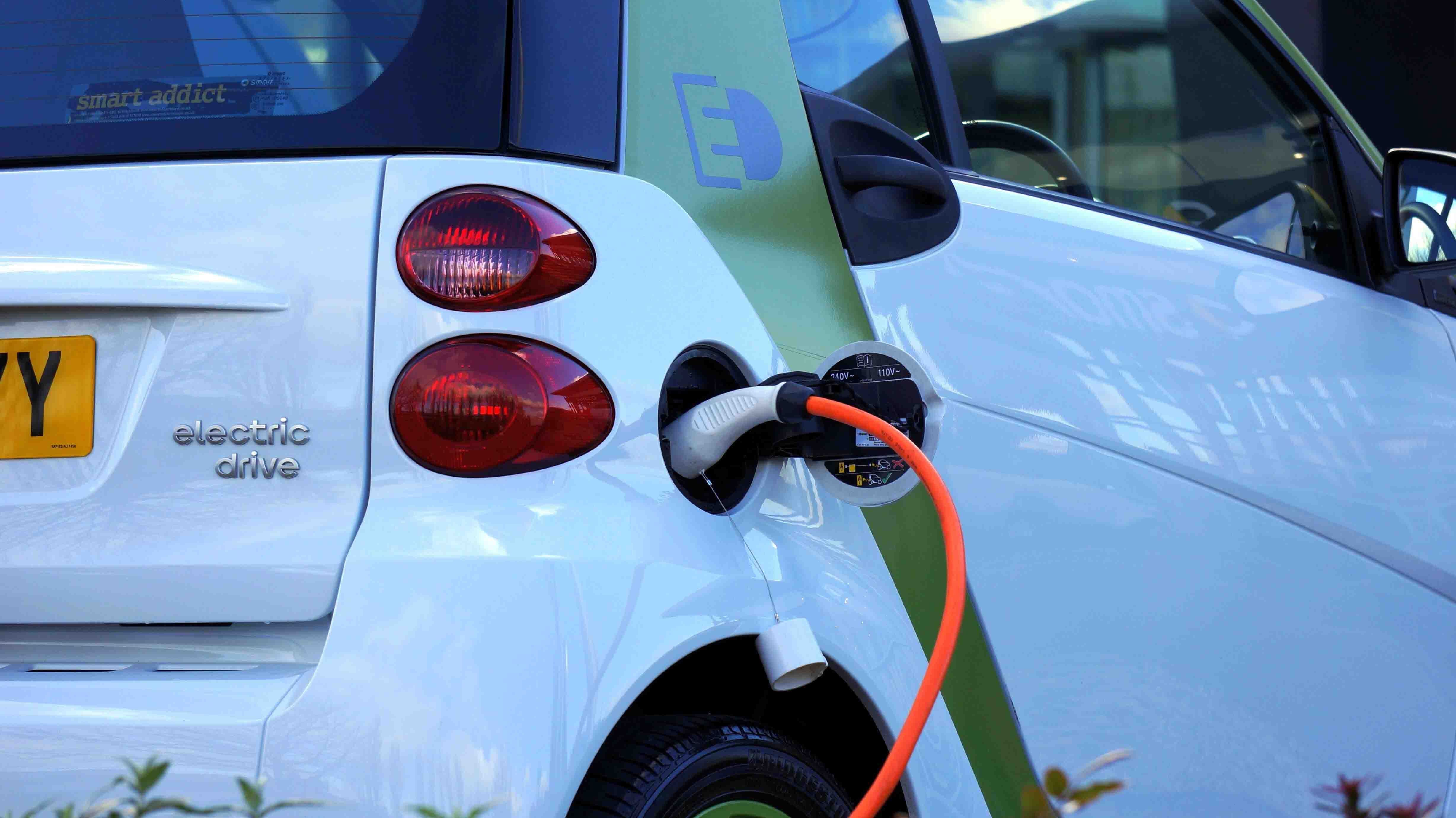In less than a month, Baidu's autonomous ride-hailing service platform Apollo Go has sealed strategic partnerships with both Uber and Lyft, signaling a major push in its global expansion plans.
The move comes as regulatory breakthroughs in overseas markets are expected to open the door for a new wave of autonomous driving deployments. Globally, three major players—Baidu's Apollo Go, Waymo, and Tesla—are leading the Robotaxi race, each with distinct strategies in technology, market approach, and commercialization pace. Apollo Go's international foray sets the stage for more intense competition among these giants.
Regulatory tailwinds reshape global strategy
On August 4, Apollo Go announced a partnership with Lyft to deliver driverless ride-hailing services in Europe. The plan is to launch its sixth-generation autonomous vehicles (RT6) in Germany and the UK by 2026, followed by a gradual scale-up across the region to thousands of units.
Lyft boasts more than 20 million active users and operates in nine European countries across over 150 cities. Baidu founder Robin Li called the collaboration a significant milestone in Apollo Go's global strategy, especially as Germany and the UK will serve as its initial European markets.
Just weeks earlier, on July 15, Apollo Go unveiled a similar deal with Uber. The agreement will integrate thousands of Apollo Go's autonomous vehicles into Uber's global network, enabling users worldwide to book autonomous rides through the Uber app. The rollout will begin in Asia and the Middle East by the end of this year, with broader international deployment planned for subsequent phases.
The partnerships build on Apollo Go's growing global footprint. Since early this year, the company has expanded operations to markets such as Dubai and Abu Dhabi. It now runs over 1,000 autonomous vehicles across 15 cities worldwide—including Hong Kong and major Middle Eastern hubs—delivering more than 11 million rides and logging over 170 million kilometers of safe driving.
Apollo Go is not alone in its overseas ambitions—Chinese peers like Pony.ai and WeRide are also ramping up their international plans. A key driver behind this trend is the regulatory shift in major markets. For instance, the UK Department for Transport launched a public consultation on licensing frameworks for autonomous vehicle services on July 21, with responses due by September 28. The consultation marks the start of formal rulemaking for autonomous taxis, private-hire vehicles, and buses, with pilot services expected on the road by spring 2026.
Tech pivot intensifies three-party race
Robin Li has already signaled 2025 as a pivotal year for Apollo Go's global scale-up, emphasizing partnerships with mobile service operators, taxi firms, and fleet operators as part of the strategy. Baidu's first-quarter (Q1) earnings showed strong momentum: its revenue rose 7% year-over-year to 32.5 billion yuan, with core businesses contributing 25.5 billion yuan. Apollo Go alone delivered 1.4 million rides in the quarter—a 75% surge over a year earlier—and surpassed 11 million cumulative trips globally by May 2025.
On the world stage, Apollo Go, Waymo, and Tesla dominate the Robotaxi conversation. The race is not just among corporates—it's a geopolitical contest for technological leadership. As an early mover in China's Robotaxi ecosystem, Apollo Go's overseas push pits it directly against these U.S. heavyweights, making it a flagship representative of China's autonomous driving ambitions.
The three companies differ sharply in their technical playbooks. Waymo relies on high-definition (HD) mapping and multi-sensor fusion—an approach that requires building its own maps and developing LiDAR and camera systems, pushing vehicle costs to around $200,000 per unit. Tesla, in contrast, bets on a pure vision-based approach without HD maps.
Apollo Go's global fleet will feature its sixth-generation vehicle, the RT6, which is co-developed with JMEV and was unveiled at the Apollo Day 2024. The model cuts costs by 60% compared to its predecessor, bringing unit pricing down to roughly 204,700 yuan.
Competition in the U.S. is intensifying. Tesla launched its Robotaxi pilot service in Austin on June 22, 2025, and in just 22 days expanded its service area from 51 to 109 square kilometers, surpassing Waymo's footprint in the city.
Meanwhile, Waymo has announced its application for permits to map and test vehicles in New York City and is lobbying for legal changes to deploy fully driverless cars in the state.
Robin Li, in an internal address in July, revealed a shift in Apollo Go's technical roadmap toward a vision-only approach, aligning more closely with Tesla's strategy. He warned that if Baidu does not capture market share quickly and refine its technology, Tesla's growing lead could become insurmountable.
As the Robotaxi sector nears a tipping point for mass commercialization, the stakes are higher than ever. Whether Apollo Go's aggressive global expansion and strategic pivots will secure it a dominant position—or whether Waymo and Tesla will consolidate their lead—remains a defining question for the next phase of autonomous mobility.



